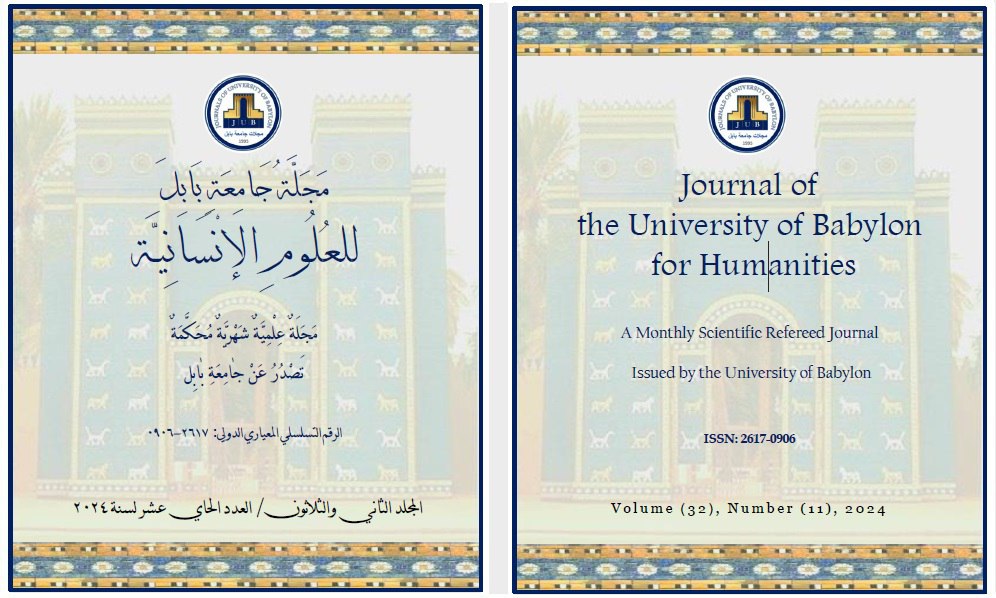Constructing a Scale for Measuring Cyber-War Awareness among University Students in the Syrian Arab Republic
Main Article Content
Abstract
This research aimed to construct a scale to measure the level of cyber-war awareness among youth in the Syrian Arab Republic and identify differences based on gender and educational qualifications. It also evaluated the validity and reliability of the scale. The researcher used a questionnaire that included several dimensions, such as knowledge of cyber risks, personal protection strategies, understanding security responsibilities, awareness of security tools and technologies, and response to cyber emergencies. The study sample consisted of 176 students from Aleppo University, categorized by demographic variables such as gender and specialization.
The results indicated a high overall awareness of cyber war and its dimensions, with a relative weight of 80.04%. The highest-scoring items included statements such as: "I am aware of the types of digital attacks, such as phishing and DDoS," "I can recognize signs of digital breaches on my personal accounts," "I use two-factor authentication when possible,""I regularly update security and protection programs," "I am aware of my rights and responsibilities as an internet user," "I see the importance of a clear digital security policy," "I follow developments in cybersecurity technologies," "I regularly use security tools to protect my data," "I feel capable of handling cyber incidents," "I know how to act if my personal accounts are attacked," "I know how to manage stress caused by digital threats," and "I am concerned about digital threats in my daily life."
Statistically significant differences in cyber war awareness and its dimensions were found based on gender, with males scoring higher in all but the social impacts dimension, which showed no significant difference. Additionally, no statistically significant differences were found across most dimensions of cyber war awareness, except for knowledge of cyber risks and the overall awareness score, which favored students in applied sciences.
The researcher recommends enhancing cognitive awareness and developing preventive behaviors to address the previously mentioned weaknesses in cyber war awareness through educational and training programs for university students.
Article Details
Issue
Section

This work is licensed under a Creative Commons Attribution 4.0 International License.

